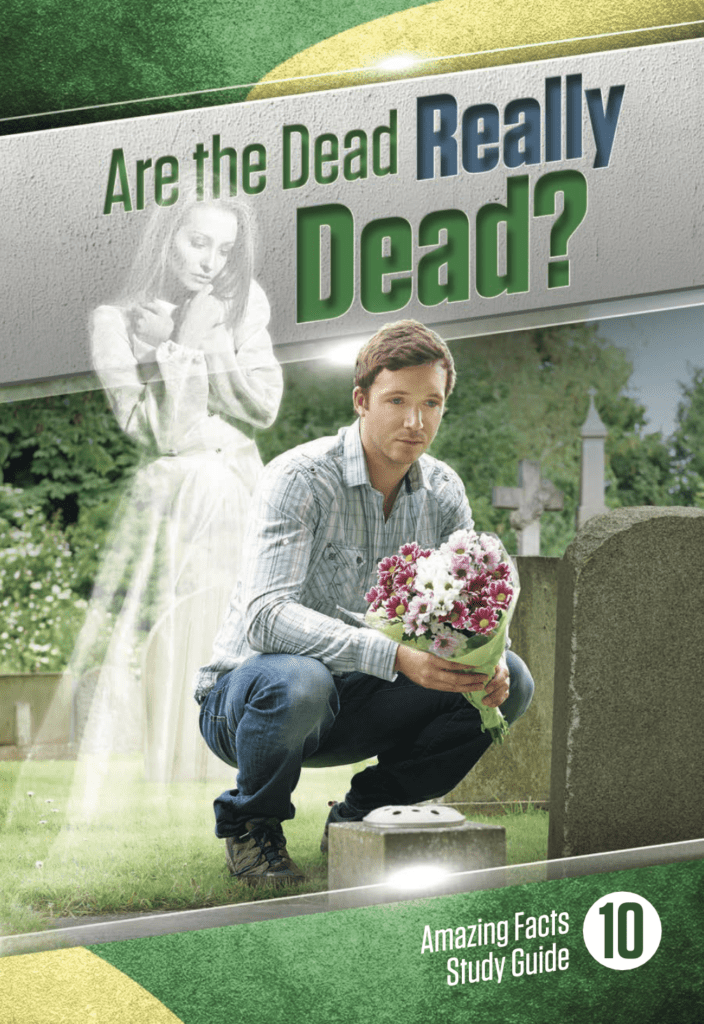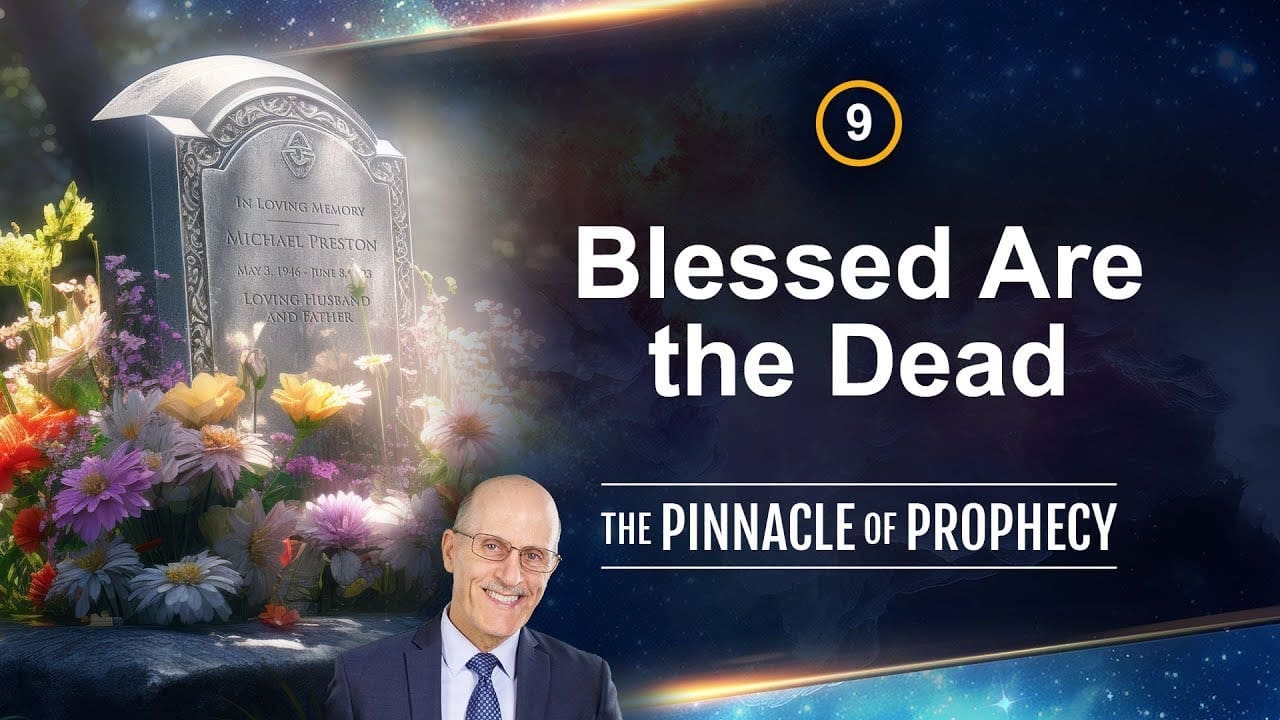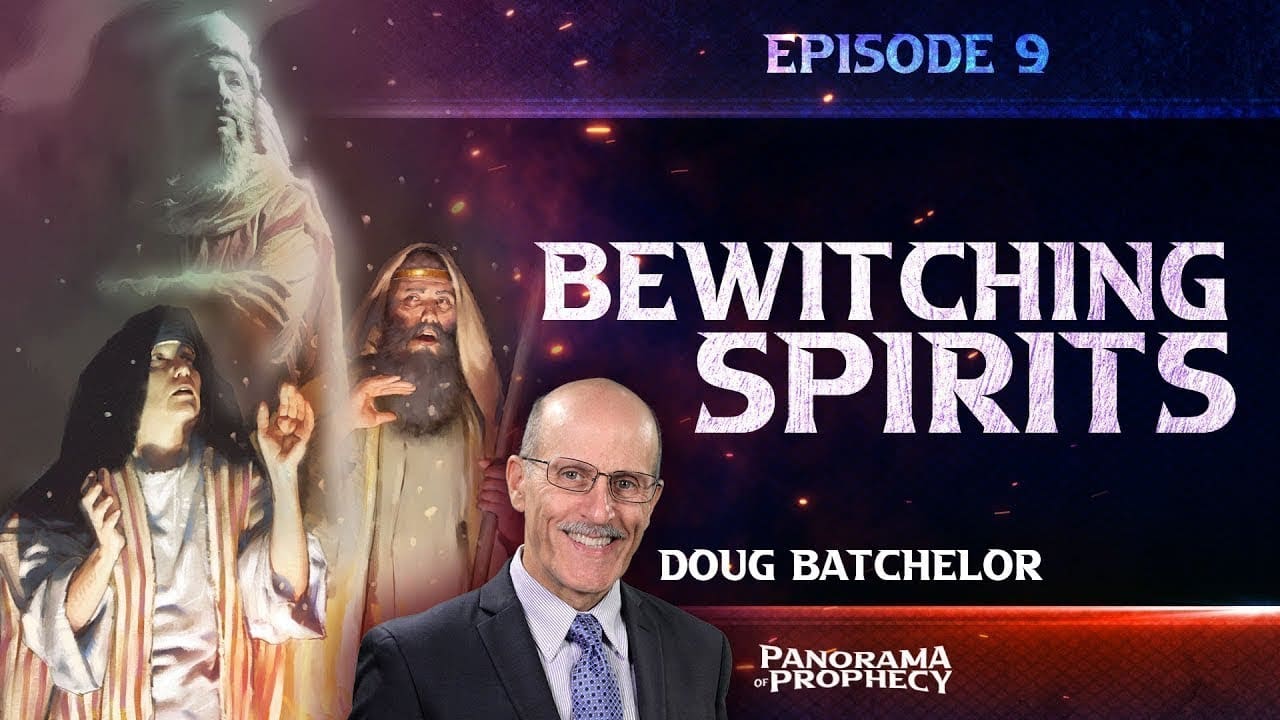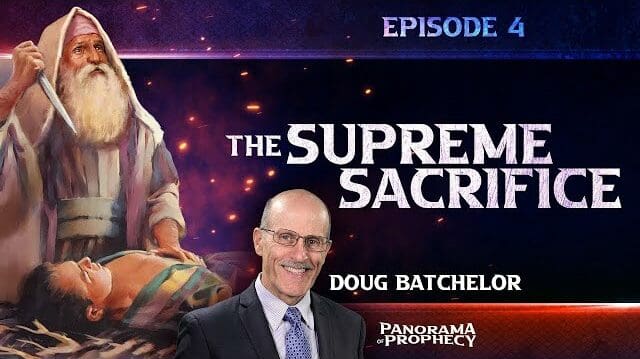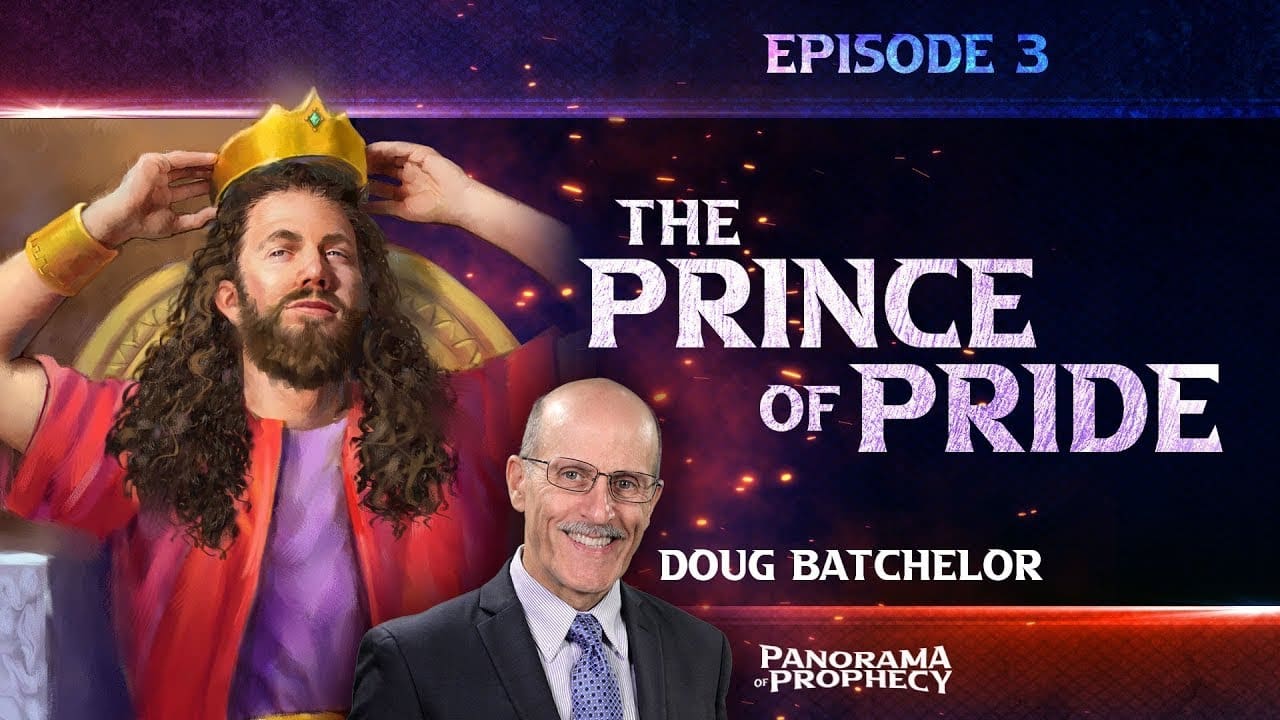What do we know about the Afterlife
Beliefs about the afterlife vary significantly among different religions, cultures, and philosophies. The most common belief involves the idea that some aspect of an individual never dies but lives on in some other form in some other place. This part of man is usually referred to as the ‘soul’. How does this belief play out across different cultures?
- Christianity, Islam, and Judaism believe individuals are sent to either heaven or hell based on how they lived their lives on earth. Heaven is often depicted as a place of eternal happiness while Hell is portrayed as a place of eternal torment.
- Certain Eastern religions, such as Hinduism and Buddhism, teach the concept of reincarnation, where the soul is reborn into a new body after death. The cycle of rebirth continues until the soul achieves enlightenment or moksha (Hinduism) or nirvana (Buddhism). This is a state of freedom from the endless cycle of life, death, and rebirth.
- Atheists believe that there is no afterlife and that consciousness ceases to exist after death. To the atheist, there is no accountability to some divine being for life’s actions, so death is simply the end of existence.
- Various indigenous and pagan traditions imagine an afterlife consisting of different realms where spirits reside. These realms may be accessed via certain rituals or guided journeys.
Death is one of the most misunderstood subjects today. To many, it is shrouded in mystery and evokes fear, uncertainty, and even hopelessness. What we believe about death will have a profound impact on what happens to us in the end, so it is very important to know the truth of the matter.
With so many diverging views, we need to ask ourselves, what is truth? Is it something fluid that depends upon our personal experience and changes with the times, or is it based simply on what we want to believe? With such viewpoints confusion and chaos is inevitable.
Truth must be absolute otherwise it is not true. It cannot be your truth or my truth – that is just an opinion.
Truth requires that all possible viewpoints are examined, all possible evidence is available, and therefore the same outcome will consistently be given over time and across all circumstances.
To establish the truth:
- You need access to facts across all time – past, present, and future.
- You need to be present as a first-hand witness to all the events, facts, and circumstances – past, present, and future.
- You need to come to the same conclusions every time – past, present, and future.
Given these requirements to be accurately and consistently true, only one entity can meet all these requirements – an entity that is omnipresent, omnipotent, and the same yesterday, today, and forever.
The only entity that meets all these requirements is God!
That is why only Jesus Christ can legitimately claim: “I am the way, the truth, and the life: no man cometh unto the Father, (God) but by Me” John 14:6.
“For I am the LORD, I change not” Malachi 3:6.
To discover the truth, we must read the Holy Bible. The One who created life, the One who is “the way, the truth, and the life”, is the only One who can give accurate information about the ‘afterlife’.
While belief in the immortality of the soul and an afterlife has been part of pagan cultures for centuries, it will be surprising for many Christians to discover that what they believe about death and an immortal soul comes not from the Holy Bible but rather has crept into Christian thought from pagan cultures.
To find out how this happened, let us begin at the beginning.
Genesis 2:7 – “And the Lord God formed man of the dust of the ground and breathed into his nostrils the breath of life, and man became a living soul”.
Only after God breathed ‘the breath of life’ into his nostrils, did man become a ‘living soul’.
- So, what happens when a person dies?
Ecclesiastes 12:7 – “Then shall the dust return to the earth as it was, and the spirit shall return unto God who gave it”.
- What is the ‘spirit’ that returns to God?
James 2:26 – “The body without the spirit (or breath) is dead”.
Job 27:3 – “The spirit of God is in my nostrils”. (The word for ‘spirit’ is the equivalent Hebrew word for ‘breath’).
Psalm 104:29 (KJV) – “Thou (God) takest away their breath, they die, and return to their dust”.
In summary, the Bible teaches that a ‘soul’ is a living human being (or animal, see Revelation 16:3 KJV), composed of body plus breath. A soul cannot exist unless the body and breath are united. (In the Bible, the word ‘soul’ may also mean life itself, the mind, or the intellect. But no matter the meaning, the soul is still the combination of two things – body and breath – and ceases to exist at death.)
- Is a Soul Immortal?

The word ‘immortal’ is found once in the Bible and refers only to God (1 Timothy 1:17; 6:15-16). The Bible tells us plainly that souls die. “The soul that sins, it shall die” (Ezekiel 18:20).
So why do so many Christians believe in an ‘immortal soul’ that never dies but goes to either heaven, hell, or purgatory? It is because they have imbibed the lie that Satan (“the serpent of old, called the Devil and Satan” Revelation 12:9) first told Eve in the Garden of Eden. He directly contradicted a plain statement of God when he said to Eve, “You shall NOT surely die (Genesis 3:4).
- What does the Bible teach about the state of the dead?
- The Bible teaches us that death is like a deep, unconscious sleep during which the dead rest in their graves until resurrected by the voice of God. To them, it is just like a moment in time. At the resurrection, Christ will give them back the breath of life taken when they died. It is important to note that there is a resurrection for both the righteous and the wicked.
John 11:11, 14 – “Jesus said to them, ‘Our friend Lazarus sleeps, but I go that I may wake him up . . . Then Jesus said plainly, Lazarus is dead’. (Read the whole story in John chapter 11).
Acts 2:29, 34 – “David . . . is both dead and buried, and his sepulchre is with us until this day . . . For David is not ascended into the heavens”.
I Thessalonians 4:13-17 – “But I would not have you to be ignorant, brethren, concerning them which are asleep (died), that ye sorrow not, even as others which have no hope.
For if we believe that Jesus died and rose again, even so God will bring with Him (from the grave) those who sleep in Jesus.
For this, we say unto you by the word of the Lord, that we which are alive and remain until the coming of the Lord shall not precede them which are asleep (have died).
For the Lord himself shall descend from heaven with a shout, with the voice of the archangel, and with the trumpet of God: and the dead in Christ shall rise first.
Then we which are alive and remain shall be caught up together with them in the clouds, to meet the Lord in the air: and so shall we ever be with the Lord”.
John 5:28-29 – “Marvel not at this: for the hour is coming, in the which all that are in the graves shall hear His voice and come forth – those who have done good, to the resurrection of life, and those that have done evil, unto the resurrection of condemnation”. (In Revelation chapter 20, these are called the first and second resurrections. We want to be part of the first resurrection).
- In the grave (it makes no difference if cremated), they rest unconscious of anything happening on this earth. (This is good news because they are spared from being aware of the sorrows and tragedies befalling their loved ones. Heaven, for the redeemed, is a place of joy and eternal happiness, not a place of mourning over what is happening on this earth).
Ecclesiastes 9:5-6 – “For the living know that they shall die: but the dead know nothing, and they shall have no more reward, for the memory of them is forgotten. Also, their love, their hatred, and their envy have now perished. Nevermore will they have a share in anything done under the sun”.
Ecclesiastes 9:10 – “Whatever your hand finds to do, do it with all your might; for there is no work or device or knowledge or wisdom in the grave where you are going”.
Job 14:12 – “So man lies down, and does not rise, till the heavens are no more. They shall not awake, nor be roused from their sleep.”
Job 14:21 – “His sons come to honour, and he does not know it; they are brought low, and he does not perceive it”.
- The dead do not have any conscious thought and cannot communicate with the living. This is important to know because Satan will deceive many into thinking that they are in touch with a dead loved one when in fact they are communicating with either Satan himself or one of his demons.
Satan can work miracles and can impersonate the dead with accuracy. What they look and sound like, including special mannerisms, will be copied. He knows the secret details of everyone’s life and can use these to convince the living that they are indeed communicating with the dead. In this way, Satan can spread his lies and make people believe that these lies are coming from God.
2 Corinthians 11:13-15 – “For such are false prophets, deceitful workers, transforming themselves into apostles of Christ. And no wonder! For Satan himself transforms himself into an angel of light. Therefore, it is no great thing if his ministers also transform themselves into ministers of righteousness, whose end will be according to their works”.
Bible prophecy predicts that demons will work supernatural miracles to deceive the whole world at the end of time. These miracles will include ‘false christs’ and ‘false prophets’. Millions will be deceived by the devil and his angels impersonating past spiritual leaders, even Jesus Christ Himself. They may come in the form of Mohammed, Buddha, Gandhi, or the Virgin Mary. How easily it will be for the nations and religions of the world to be deceived into sacrificing truth for error to form a New World Order under Satan’s direction.
What warning does the Bible give concerning these things?
Isaiah 8:19-20 – “And when they say to you, ‘Seek those who are mediums and wizards, who whisper and mutter’, should not a people seek their God? Should they seek the dead on behalf of the living? To the law and to the testimony (that is the whole written Word of God), if they do not speak according to this Word, it is because there is no light in them”.
We need to seek light, not darkness, and we won’t find it amongst the dead ‘who know not anything’, neither do they ‘’praise the Lord, nor any who go down into silence” (Psalm 115:17).
The idea of an immortal soul is a pagan philosophy popularised by Plato in the fifth century before Christ. It comes directly from ‘the father of lies’, ‘that old serpent called the Devil, and Satan, who deceives the whole world’ (John 8:44; Revelation 12:9).
“The doctrine of natural immortality can be traced through the muddy channels of a corrupted Christianity, a perverted Judaism, a pagan philosopher, and a superstitious idolatry, to the great instigator of mischief in the Garden of Eden. The Protestants borrowed it from the Catholics, the Catholics from the Pharisees, the Pharisees from the pagans, and the pagans from the old serpent, who first preached the doctrine amidst the lovely bowers of Paradise, to an audience all too willing to hear and heed the new and fascinating theology, ‘Ye shall not surely die’” (Amos Phelps, Congregationalist minister, 1805-1874).
(All Bible references are from the NKJV unless otherwise specified).



